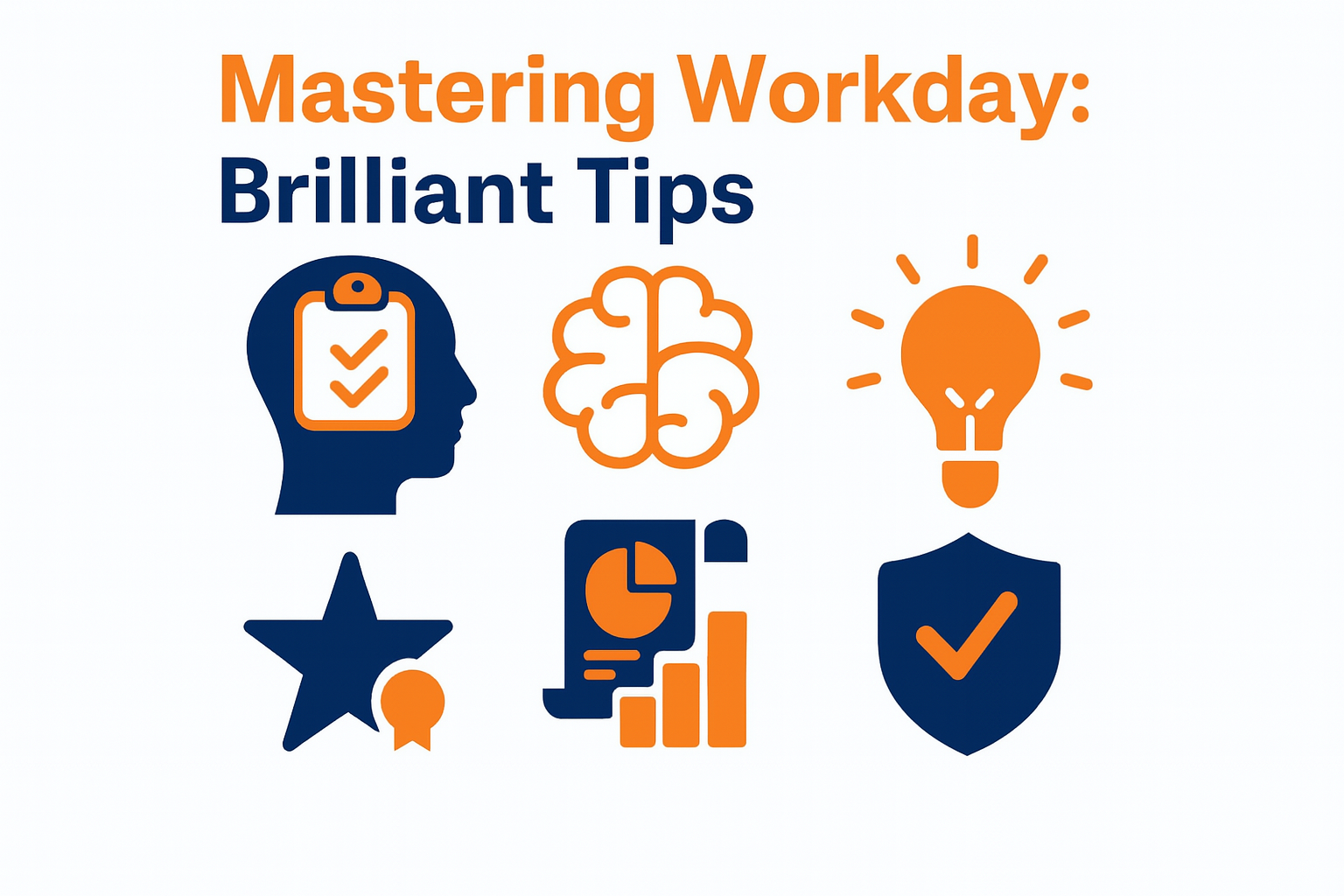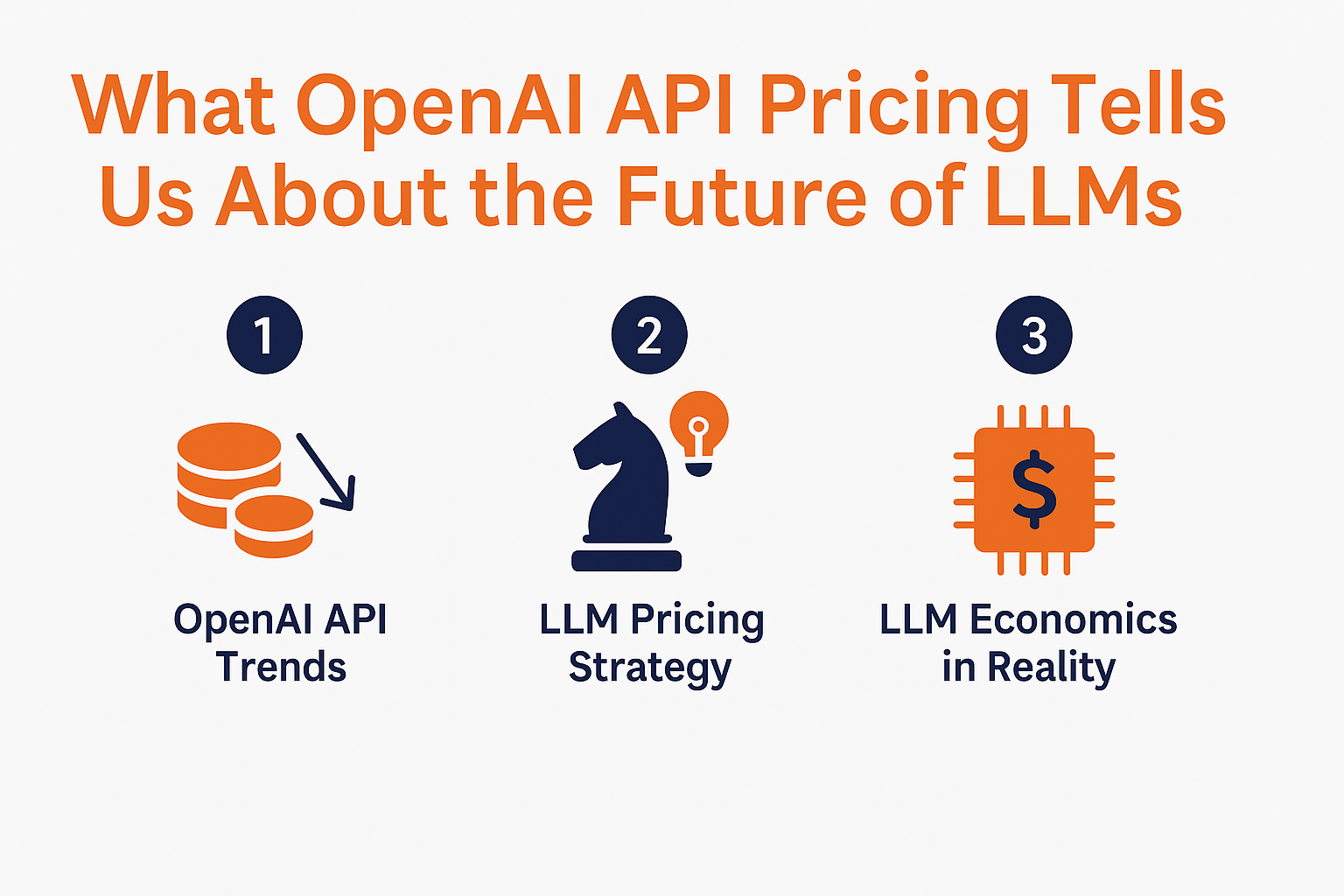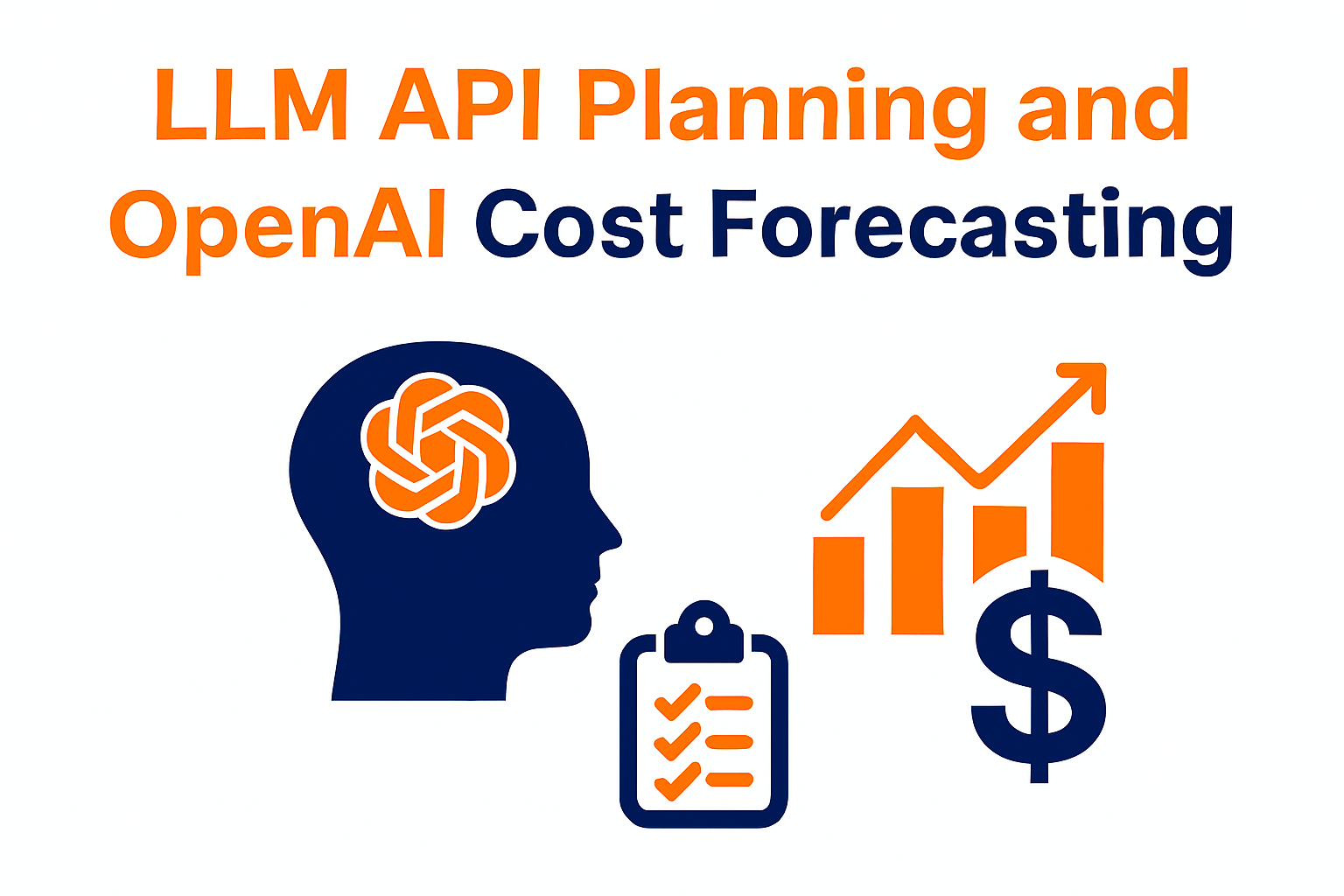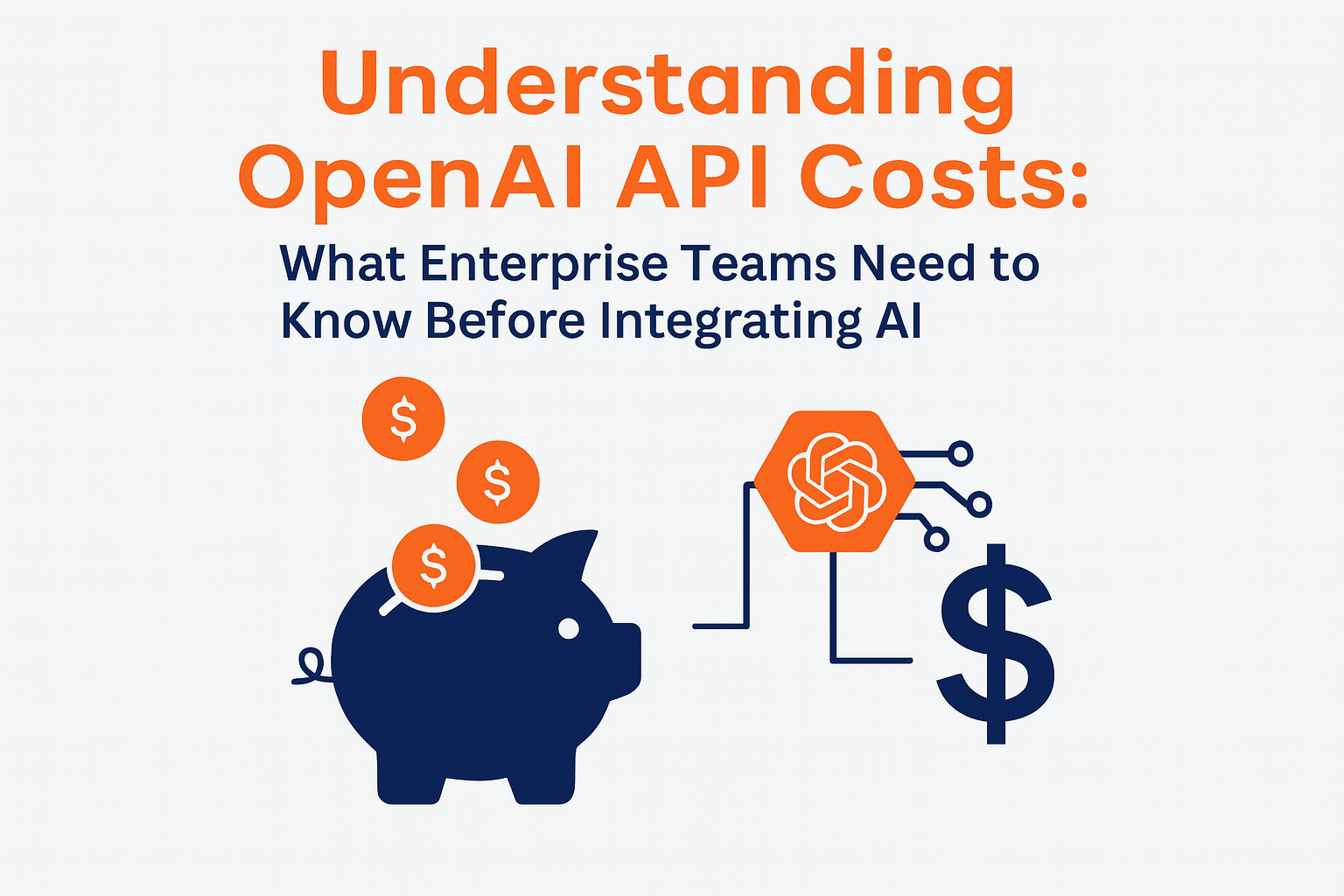July 27, 2025
Mastering Workday: 10 Brilliant Tips from Top Consultants

Introduction
Workday is a leading enterprise software solution known for its Human Capital Management (HCM) and Financial Management capabilities. Organizations benefit from its comprehensive features, which streamline operations and enhance decision-making processes.
Effective integration is essential for maximizing the value of Workday, allowing businesses to connect various systems and applications seamlessly. Proper integration ensures that organizations can leverage data across platforms, leading to improved efficiency and insights.
AVM Consulting emerges as a trusted partner in this landscape. With extensive experience in Workday integration consulting, our team navigates the unique challenges that each company faces. We specialize in integrating common financial, HR, planning, and other ERP systems, ensuring tailored solutions that align with clients’ needs. Our expertise empowers organizations to achieve their goals while optimizing their Workday experience.
1. Understanding the Workday Ecosystem
Workday offers powerful solutions centered around two main features:
1. Workday Human Capital Management (HCM)
This module simplifies employee management, recruitment processes, talent development, and performance assessments. Organizations can efficiently manage their workforce, ensuring they attract and retain top talent.
2. Workday Financial Management
This module provides comprehensive financial planning, accounting, and reporting capabilities. It enables real-time financial data access, facilitating informed decision-making and strategic planning.
Seamless integration between Workday HCM and Financial Management is crucial. By synchronizing these systems:
- Organizations achieve a holistic view of employee costs.
- Data consistency improves across HR and finance functions.
- Enhanced analytics capabilities drive better decision-making.
This interconnectedness allows businesses to streamline operations, reduce errors, and enhance overall efficiency in managing both human resources and financial activities.
2. Exploring Integration Types in Workday
Workday offers various integration methods designed to enhance connectivity and streamline data flow. Key integration options include:
- Prebuilt Connectors: These certified connectors simplify the integration process by providing out-of-the-box solutions for common applications. They facilitate quick deployment and reduce the need for extensive customization.
- No-Code Enterprise Interface Builders (EIBs): EIBs empower users to create integrations without requiring deep technical expertise. This flexibility allows organizations to tailor integrations to specific needs while minimizing development time.
Each method serves distinct use cases:
- Prebuilt Connectors are ideal for standard functions such as payroll, benefits, and performance management, ensuring rapid implementation.
- EIBs cater to unique business requirements, enabling seamless data transfers between Workday and other systems like CRM or HR platforms.
Leveraging these integration types can significantly reduce complexity, enhance efficiency, and improve data accuracy across an organization’s ecosystem.
3. Leveraging Workday Studio for Complex Integrations
Workday Studio is a powerful tool designed for organizations needing custom Studio Integrations. Its advanced capabilities make it easier to manage complex integrations that go beyond what standard tools can do.
Key features include:
- XML Support: This allows users to manipulate and transform data efficiently, accommodating unique business requirements.
- Custom Web Services (WWS) Reports: Organizations can create tailored reports that integrate seamlessly with existing workflows, ensuring that data is presented in a manner that aligns with specific operational needs.
Using these features helps businesses effectively solve complex integration problems. Working with Workday integration consulting can also improve how Workday Studio is used, making sure your organization gets the most out of it while dealing with the intricate world of enterprise integrations.
4. Best Practices for Successful Integration Projects
Successful integration projects with Workday depend on following key best practices. Organizations should prioritize the following:
- Thorough Testing: Conduct extensive testing at each phase of the integration process. This ensures that all functionalities work as intended and helps identify potential issues early.
- Documentation: Maintain comprehensive documentation throughout the integration journey. This provides clarity for current team members and serves as a valuable resource for future projects.
- Scalability: Design integrations with scalability in mind. As business needs evolve, being able to manage increased data processing without impacting performance is crucial.
- Managing Repetitive Calls: Optimize the handling of repetitive calls within integrations. Efficiently managing these requests enhances system performance and minimizes latency.
By implementing these best practices, organizations can significantly improve their chances of achieving seamless integrations with Workday, ultimately leading to enhanced operational efficiency and effectiveness.
5. The Role of Certified Consultants in Integration Success
Engaging certified Workday consultants is essential for navigating the complexities of integration projects. Their expertise offers several advantages:
- Technical Support: Consultants bring extensive knowledge of Workday’s functionalities, allowing them to troubleshoot issues effectively.
- Lifecycle Expertise: They guide organizations through each phase of the integration process, ensuring best practices are followed.
- Customization Capabilities: With their understanding of unique business needs, consultants can tailor integrations to align with organizational goals.
Certified consultants also act as a bridge between technical teams and stakeholders, facilitating communication and ensuring everyone is aligned on project objectives. Their insights not only streamline integrations but also enhance the overall performance and efficiency of the Workday system. Engaging these experts can result in significant time savings and reduce the risk of costly errors during the integration process.
6. Training and Support for Teams Managing Integrations
Effective management of Workday integrations relies heavily on comprehensive training programs. Organizations must equip their teams with the necessary knowledge to navigate best practices and tools effectively. Key elements of a successful training program include:
- Understanding Workday Functionality: Teams should be well-versed in the core features of Workday, including its integration capabilities.
- Hands-On Practice: Practical exercises can help reinforce learning through real-world scenarios.
AVM Consulting stands ready to support organizations by providing:
- Ongoing Training Sessions: Tailored workshops designed to address specific integration challenges faced by teams.
- Troubleshooting Assistance: Expert guidance to resolve issues as they arise, ensuring that teams remain confident and effective in their roles.
Investing in training is vital for maximizing the potential of Workday integrations, enabling teams to contribute significantly to their organization’s success.
7. Common Integration Scenarios Addressed by Consultants
Organizations often encounter specific integration scenarios that require expert guidance from consultants. Some prevalent areas include:
- Payroll Processing: Integrating payroll systems with Workday ensures accurate and timely salary disbursements while maintaining compliance with tax regulations.
- Benefits Administration: Consultants facilitate the integration of benefits management platforms, allowing for seamless enrollment and tracking of employee benefits.
Successful integrations frequently involve third-party applications such as:
- Salesforce: This integration streamlines customer relationship management and HR processes, enhancing data flow between sales and human resources.
- Applicant Tracking Systems (ATS): By connecting ATS with Workday, organizations can optimize recruitment workflows, ensuring a smooth transition from candidate selection to onboarding.
These scenarios highlight the critical role of consultants in enabling effective integrations tailored to unique organizational needs.
8. Using Analytics for Data-driven Decision Making in Workday Integrations
Integrating analytics capabilities into Workday empowers organizations to make informed, data-driven decisions at all levels. Key benefits include:
- Enhanced Insight: Organizations can utilize real-time data to monitor performance, identify trends, and drive strategic initiatives.
- Holistic View Across Systems: Financial tools play a crucial role in achieving a comprehensive understanding of organizational health. By aggregating data from various sources, companies can assess the impact of HR and financial actions on overall performance.
Leveraging analytics-driven understanding enables teams to pinpoint areas for improvement and allocate resources more effectively. This synergy between data and decision-making fosters agility, allowing organizations to adapt swiftly to market changes and operational challenges. As businesses integrate these analytical tools within Workday, they position themselves for sustained growth and success in a competitive landscape.
9. Ensuring Compliance Requirements are Met Through Integration Strategies in Workday Projects
Addressing compliance requirements is critical during integration projects with Workday, especially in regulated industries such as finance, healthcare, and manufacturing. Non-compliance can lead to significant penalties and operational disruptions.
Key considerations include:
- Regulatory Adherence: Workday integration consulting emphasizes the alignment of business processes with industry regulations.
- Process Automation: Automating workflows not only enhances efficiency but also ensures that compliance measures are consistently applied across operations.
By integrating compliance checks into automated processes, organizations can achieve a streamlined approach that maintains regulatory standards while maximizing productivity. This proactive strategy minimizes risks associated with manual oversight and promotes a culture of accountability within the organization.
Utilizing experts in Workday integration consulting ensures that compliance is woven into the fabric of your operational strategies, safeguarding your organization against potential pitfalls associated with regulatory failures.
Why Choose AVM Consulting for Your Workday Integration Needs?
AVM Consulting has a lot of experience in Workday integration consulting, making sure that integrations are smooth and efficient, specifically designed for your organization’s needs. Here’s what we bring to the table:
- Customized Solutions: We understand that each company has distinct integration challenges. Our team excels at navigating these complexities to deliver tailored solutions.
- Extensive Experience: With vast experience in integrating financial, HR, planning, and ERP systems, we ensure optimal performance and compliance.
- Holistic Approach: We align Workday’s internal monitoring tools with external applications like Datadog, supporting your DevSecOps strategy.
When you choose AVM Consulting, you’re teaming up with experts who are dedicated to helping your organization succeed through innovative and strategic integrations.

More News







